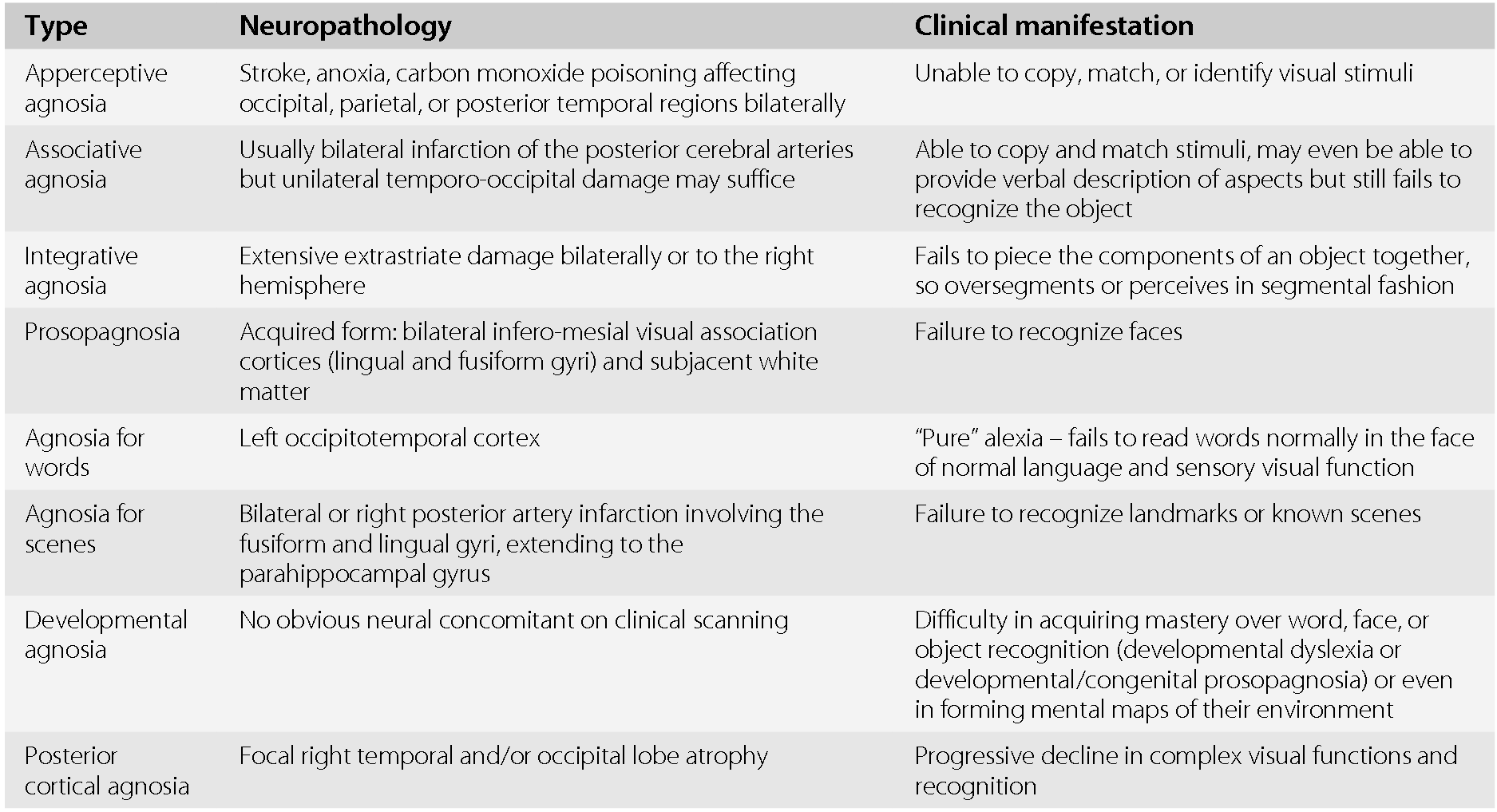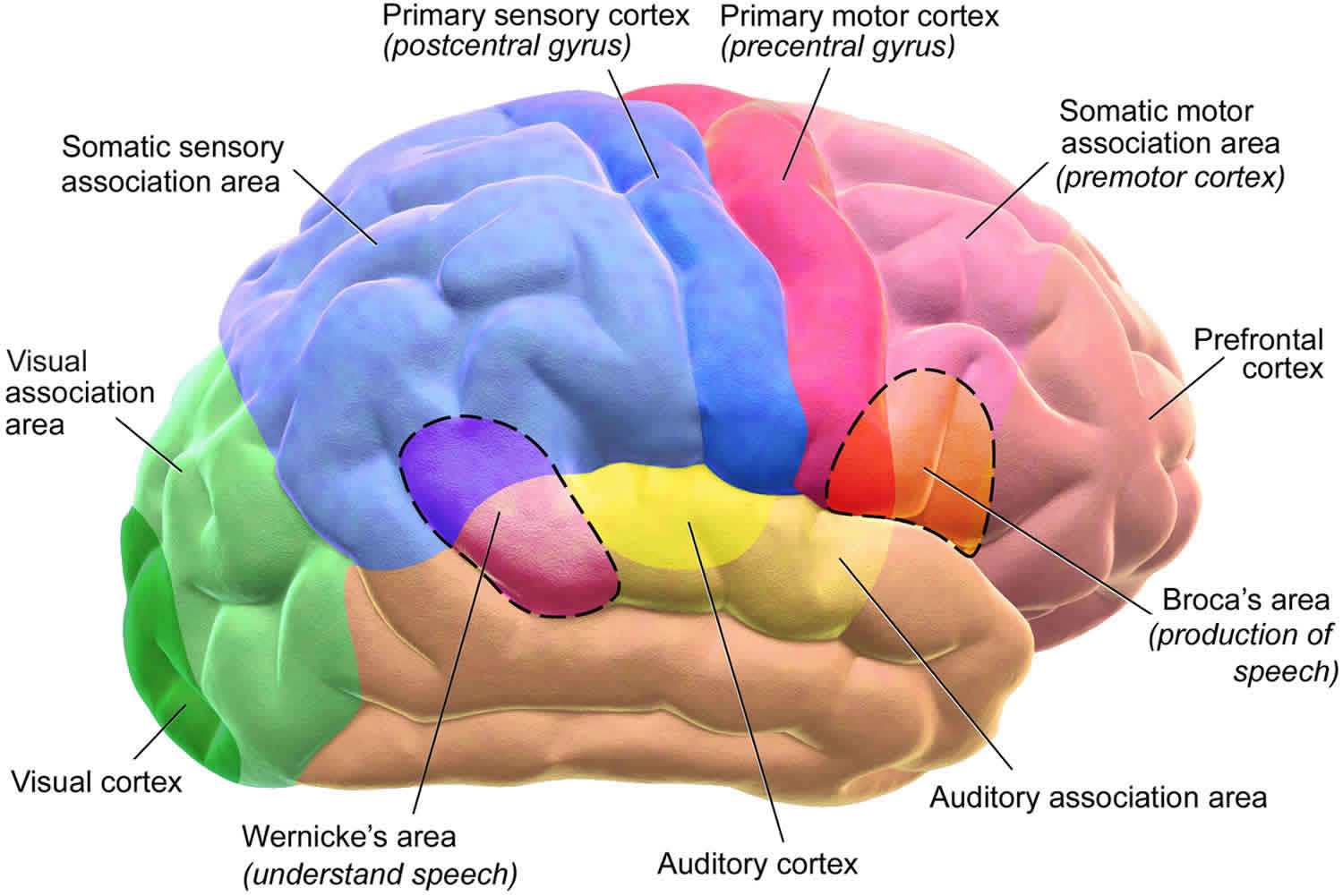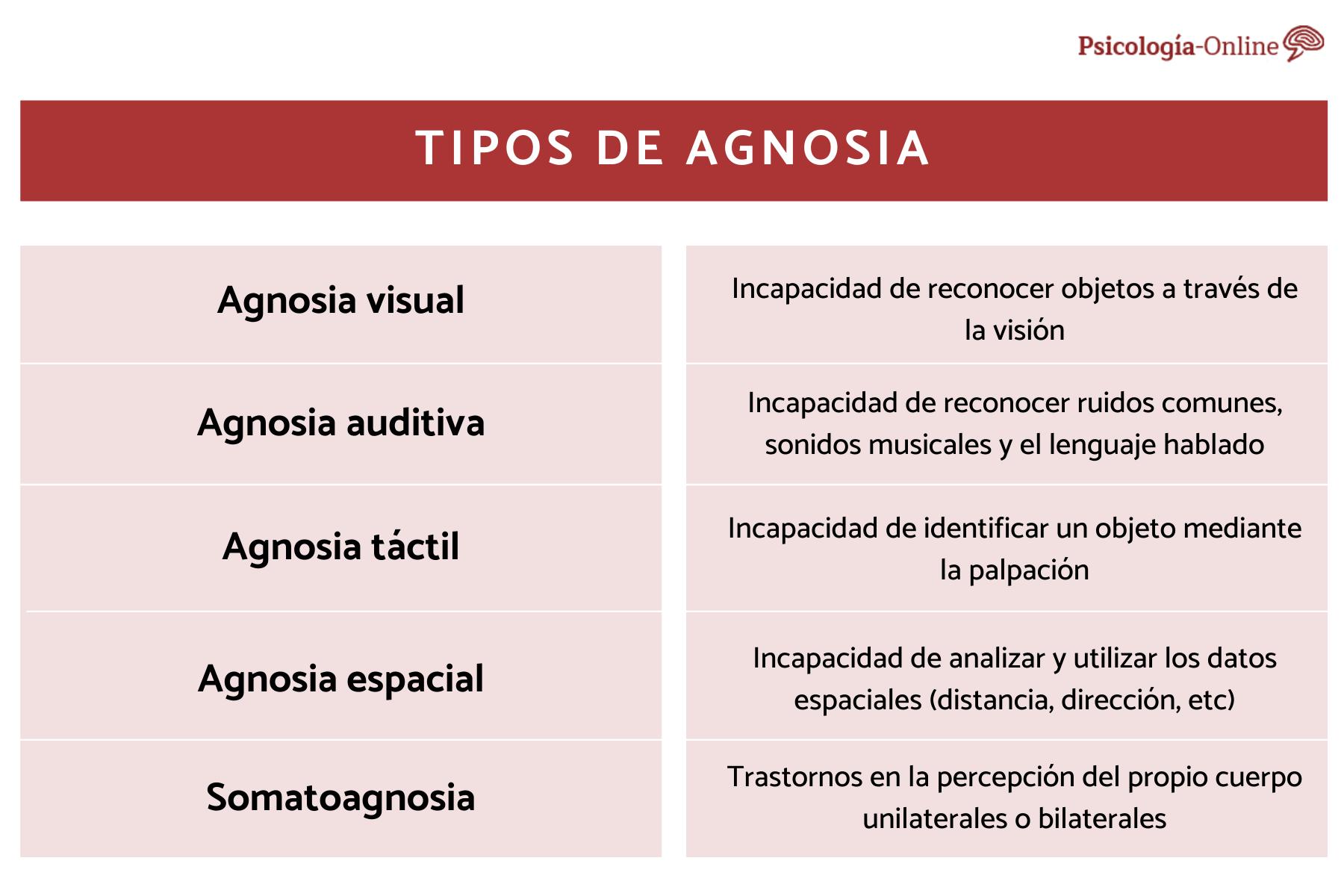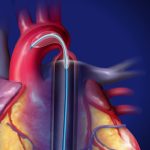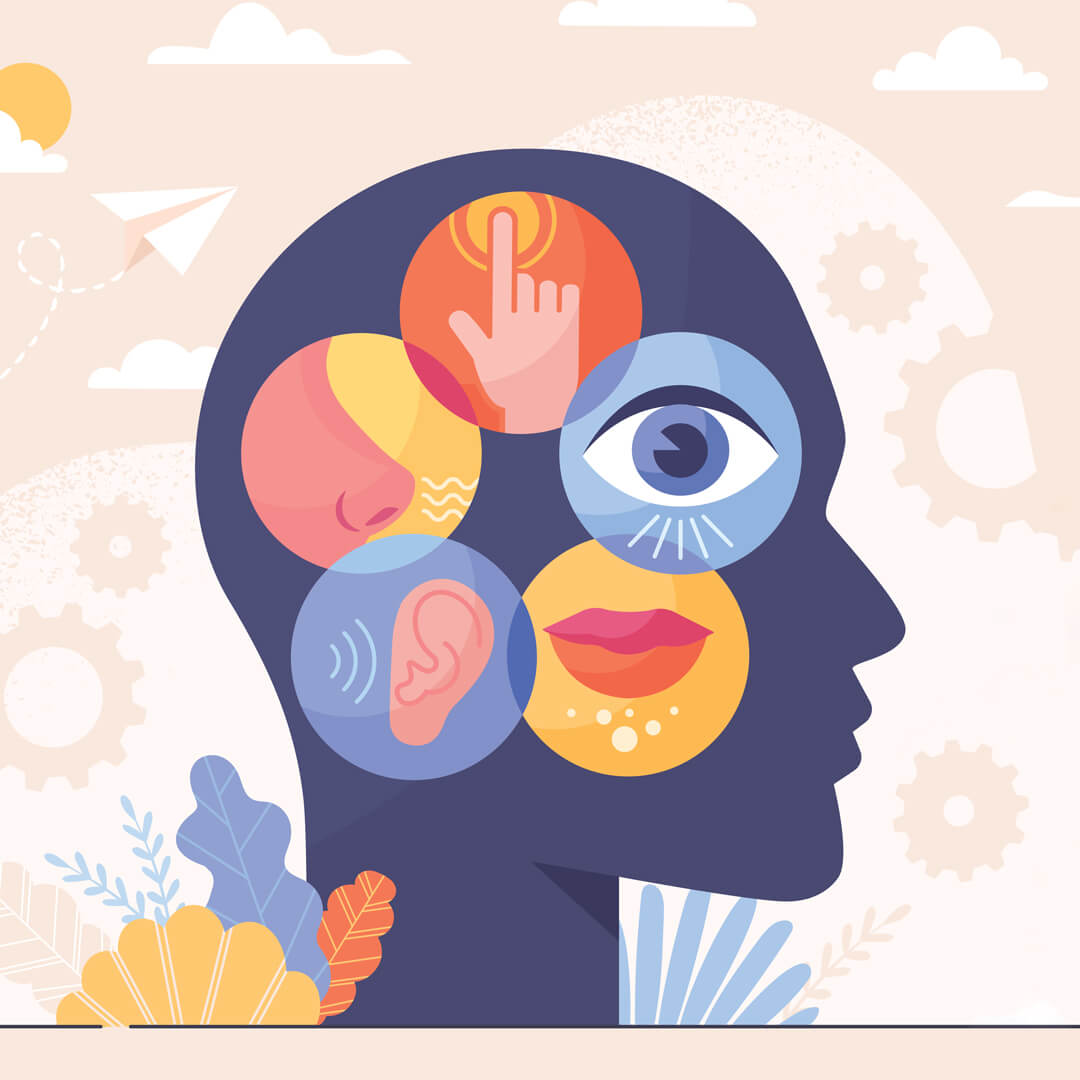
What is agnosia?
Agnosia is a rare condition that causes an inability to recognise objects, people, smells or sounds. If you have the signs of agnosia, you should see your doctor for advice.
Agnosia is a neurological disorder (a condition that affects the nervous system). It is caused by damage to parts of the brain. It can either occur suddenly — for example, as a result of a stroke or an accident — or over time (such as when a person has a brain tumour). Agnosia is not caused by memory loss, but it can be caused by dementia.
If you have agnosia, you will find it difficult or impossible to recognise objects, people, sounds or smells, even though your senses are working normally. For example, you may have nothing wrong with your vision, but because the parts of your brain that make sense of what you see are damaged, you won’t recognise the objects you’re looking at.
What are the types and symptoms of agnosia?
There are 3 main types of agnosia.
Visual agnosia (sometimes called visual amnesia) — difficulty in recognising familiar faces and objects. A person with visual agnosia may have difficulty choosing between a knife and a fork, or identifying the right items of clothing when getting dressed.
Auditory agnosia — being unable to recognise sounds, such as people’s voices, or to name familiar sounds such as a phone ringing.
Tactile agnosia — being unable to recognise objects by touch without using the sense of sight. For example, a person with tactile agnosia may be unable to tell the difference between a piece of metal and a piece of wood without looking at them.
There are different subtypes within each of these types of agnosia. For example, some people with visual agnosia find it difficult to recognise faces (face blindness), colours (colour agnosia) or words (agnostic alexia).
It is also possible to have agnosia that affects your ability to recognise smells (olfactory agnosia) or taste (gustatory agnosia).
How is agnosia diagnosed?
To diagnose agnosia, your doctor will probably:
- ask you questions about your symptoms and your general health
- ask you to identify some common objects using sight, touch and smell
- check for other possible reasons for your symptoms (for example, by checking your hearing and vision)
- test your brain function and memory
- refer you for imaging tests, such as a CT scan or MRI scan
How is agnosia treated?
Whether agnosia can be treated will depend on factors that include the type of agnosia, what has caused it, and the symptoms.
There is no specific treatment for agnosia. Doctors will try to find and treat the underlying cause of agnosia. For example, if a brain scan has identified a tumour, it might be possible to treat the tumour with radiation or surgery.
Speech or occupational therapists can help people to learn to cope with the effects of agnosia. Therapy usually involves learning how to use other senses to compensate for an affected sense. For example, if you have auditory agnosia, learning how to lip read might be helpful.
Living with agnosia
If you have agnosia, it can cause significant problems in your daily life, as well as affect those around you. Here are some tips that might help you:
- Keep your environment as predictable as possible. For example, always keep things in the same place and ensure your living space is free of clutter.
- Stick to a familiar routine, and consistently do tasks the same way every time.
- Label things so you can identify what they are.
